
By Ebenezer OWUSU-ANSAH
Once a wetland and now the site of one of the world’s largest electronic waste dumps, has come to symbolize the country’s environmental paradox: a nation striving to develop but poignantly sinking under the weight of its own waste attendant with the looming health issues that follow.
Across urban centers spread across Ghana, from Takoradi to Tema, Kumasi to Tamale to mention but a few, air quality continues to drop below acceptable international standards set by the WHO. Amidst these challenges waste management has remained essentially performative–full of political promises, half implemented policies, and a population left to fend for itself.
The dangerous air we breathe
According to the Environmental Protection Agency {EPA} Ghana, over 17,000 Ghanaians die prematurely each year due to air pollution related illnesses, such as respiratory infections, stroke and heart diseases. The primary culprits: vehicular emissions, industrial activities, open burning waste, and dust from unpaved roads. Is it the taxpayer or government who should pay for this calamity?
The air is toxic, invisible-yet its consequences are visible everywhere. Children cough on their way to school; markets are cloaked in haze from burning refuse. Hospitals record growing numbers of patients suffering from chronic respiratory conditions. In Ghana, household air pollution is a major risk factor contributing to Chronic obstructive Pulmonary Disease {COPD} deaths in children.
Ironically, Accra a city dubbed as the “Gateway to Africa” seems to be heading towards a looming health emergency.
Waste disposal: a fallacy unmasked
The core of Ghana’s air pollution crises lies in the deeply flawed waste disposal system. Our Metropolitan, Municipal, and District Assembly’s {MMDAs} seem to tout waste management and beautification as a priority. However, the reality on the ground is rather bleak. It is sad to note that about 30% waste at urban centers is are not collected, according to a 2024 UN Habitat report. Instead such waste are burnt openly, dumped in water bodies or left to rot by the roadside in the communities.
The informal and dangerous method of disposal tends to emit large amounts of toxic and microscopic pollutants that penetrate deep into the lungs and bloodstream, Ghana’s urban air regularly records PM2.5 levels more than five times the WHO safe limit.
Meanwhile the menace primarily responsible for this messy situation are largely left unregulated and supervised. Agbogbloshie for instance, have minors as young as 10 year olds sorting, burning and extracting copper without any protection. Inhaling noxious air which has the capability of sending them to an early grave.
A dysfunctional system
Ghana’s environmental policy was last reviewed in 2010, with the increase of the population and other attendant issues that go with it has rendered the 2010 environmental policy redundant. The policy has woefully failed to keep pace with urban growth and technological change coupled with weak enforcement with more emphasis on rhetoric than results.
Waste treatment facilities are overwhelmed. Recycling facilities are lacking nationwide. Waste management contracts are supposedly awarded based on political considerations rather than on merit. This mostly has lead to under-performance and the absence of accountability
Human cost
Poor air quality does not discriminate. It punishes everybody but especially the poor and vulnerable in society severely. Children who find themselves in Zango’s, low income neighbourhoods suffer from stunted lung growth. The elderly from aggravated heart health challenges. Market women inhale smoke all day, while the waste workers suffer all kind of health challenges in silence. With poor wages they usually have no access to healthcare or legal counsel.
The economic cost of all this is staggering. Ghana loses an estimated 2.5 billion annually in productivity and healthcare costs due to air pollution-related issues. A situation the country should do away with, as it struggles with its economic recovery.
The way forward
If Ghana is to recover from its environmental crises, it’s important that the issue is tackled from the standpoint of a moral and political imperative. A nationwide overhaul of waste disposal is long overdue.
MMDAs must invest in private sector partnerships, these partnerships should invest in recycling and energy production out of waste. Green champions should be trained nationwide to propagate and educate the public on waste disposal. MMDAs should be monitored, a league club should be instituted where the municipals who outperform would be rewarded and those not doing well, their issues resolved.
Conclusion
A 2023 assessment by the UN on air pollution indicates that Ghana’s progress on environmental pollution is stagnating with nearly 40% of its SDG 3 targets needing acceleration to be achieved by 2030.
Indeed, places such us Oti and the Ashanti regions are affected with residents potentially losing up to a year of life expectancy due to high pollution levels. So it’s not only Accra.
Ghana needs bold leadership, community engagement, and a retooling of how we treat the air we breathe and the waste we produce. Let us not leave it to the last minute. The question is not whether Ghana can afford to act-but whether it can survive if it doesn’t act. The time is now,
The post Breathing in poison appeared first on The Business & Financial Times.
Read Full Story




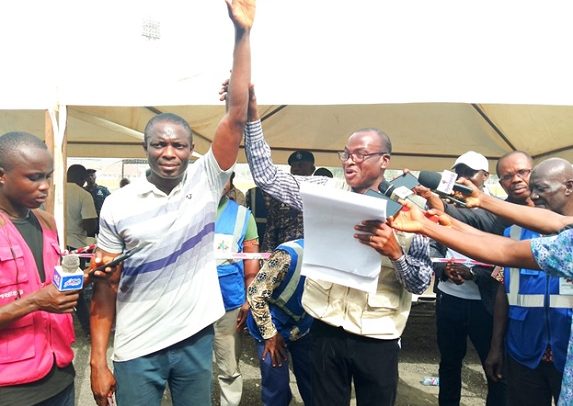


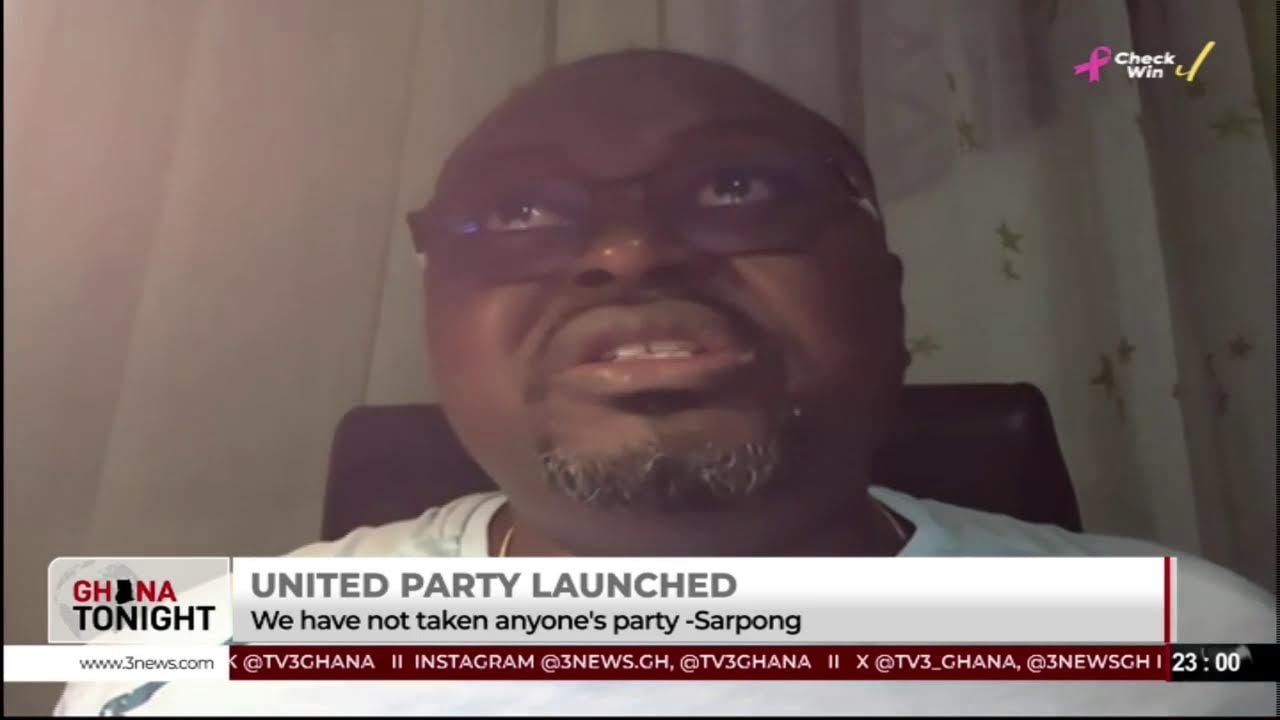
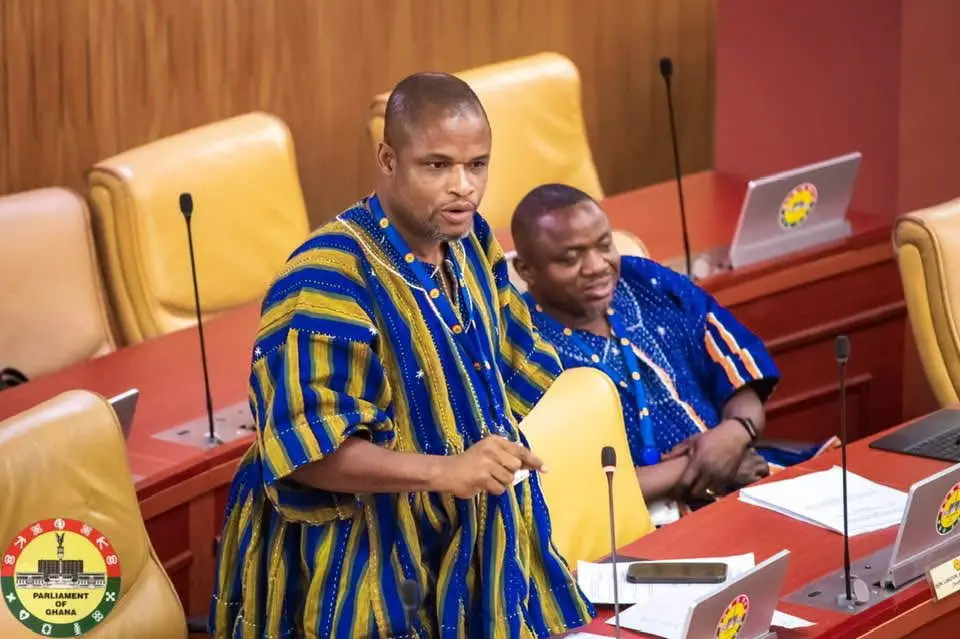
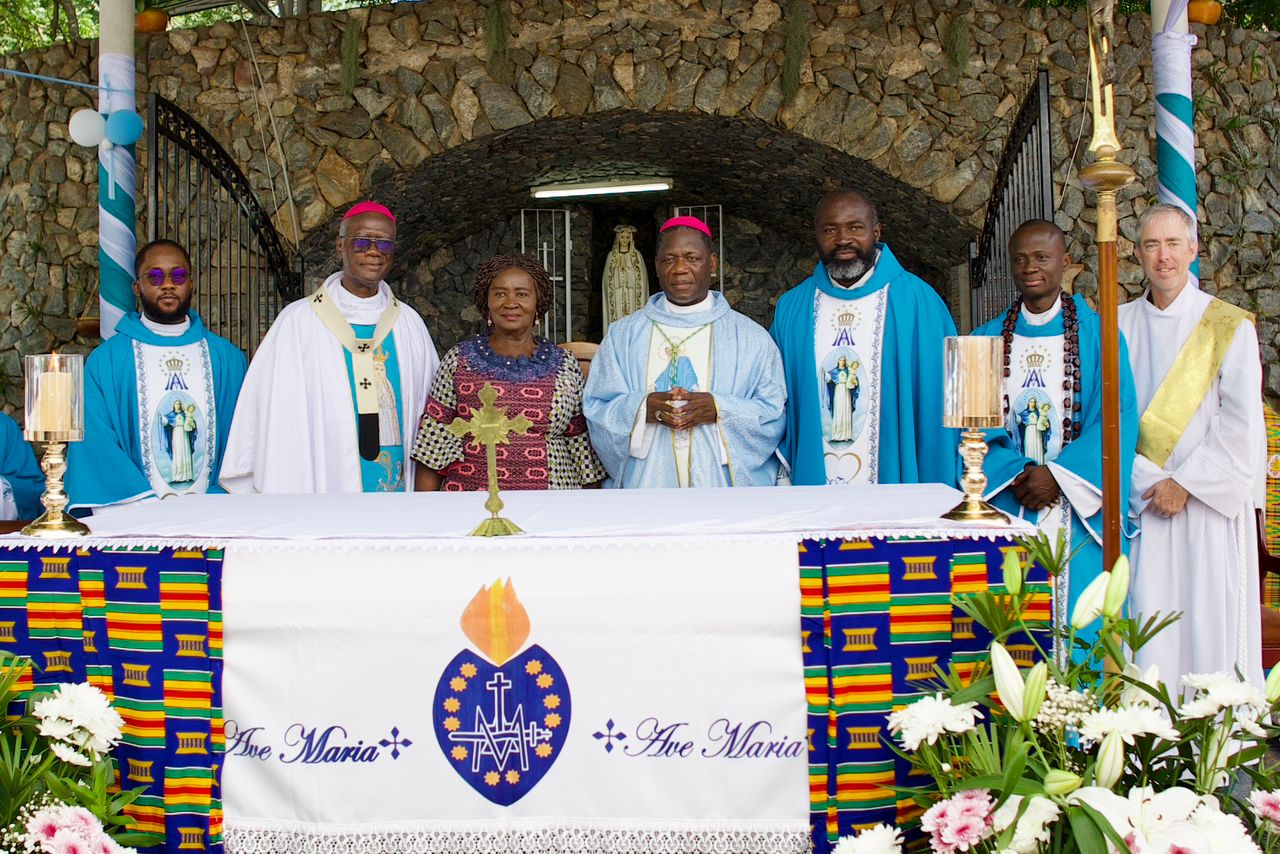



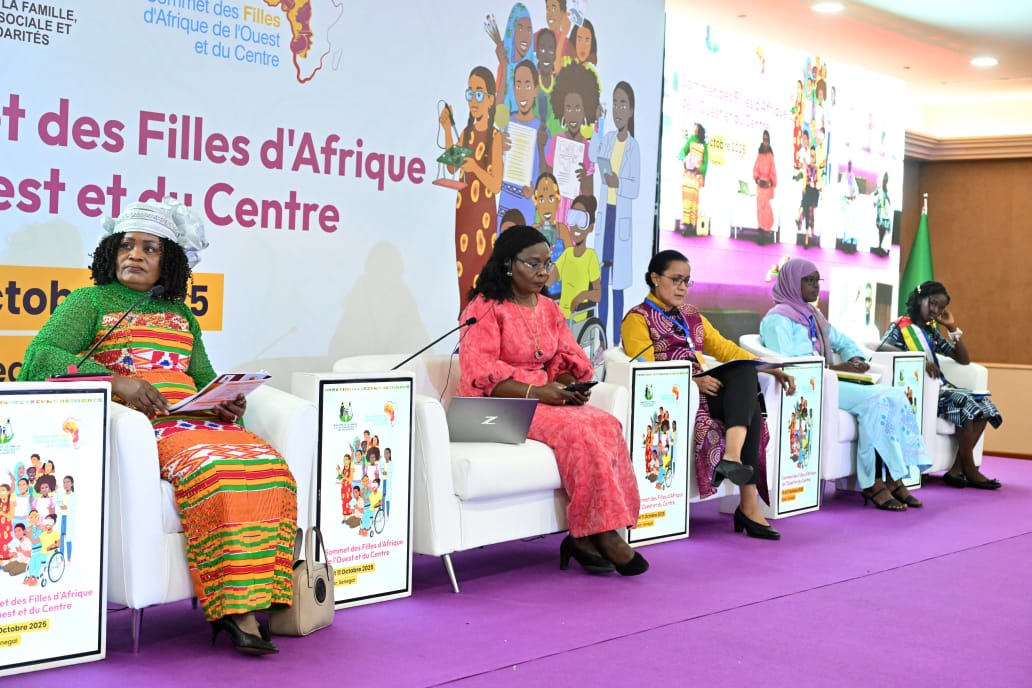












Facebook
Twitter
Pinterest
Instagram
Google+
YouTube
LinkedIn
RSS